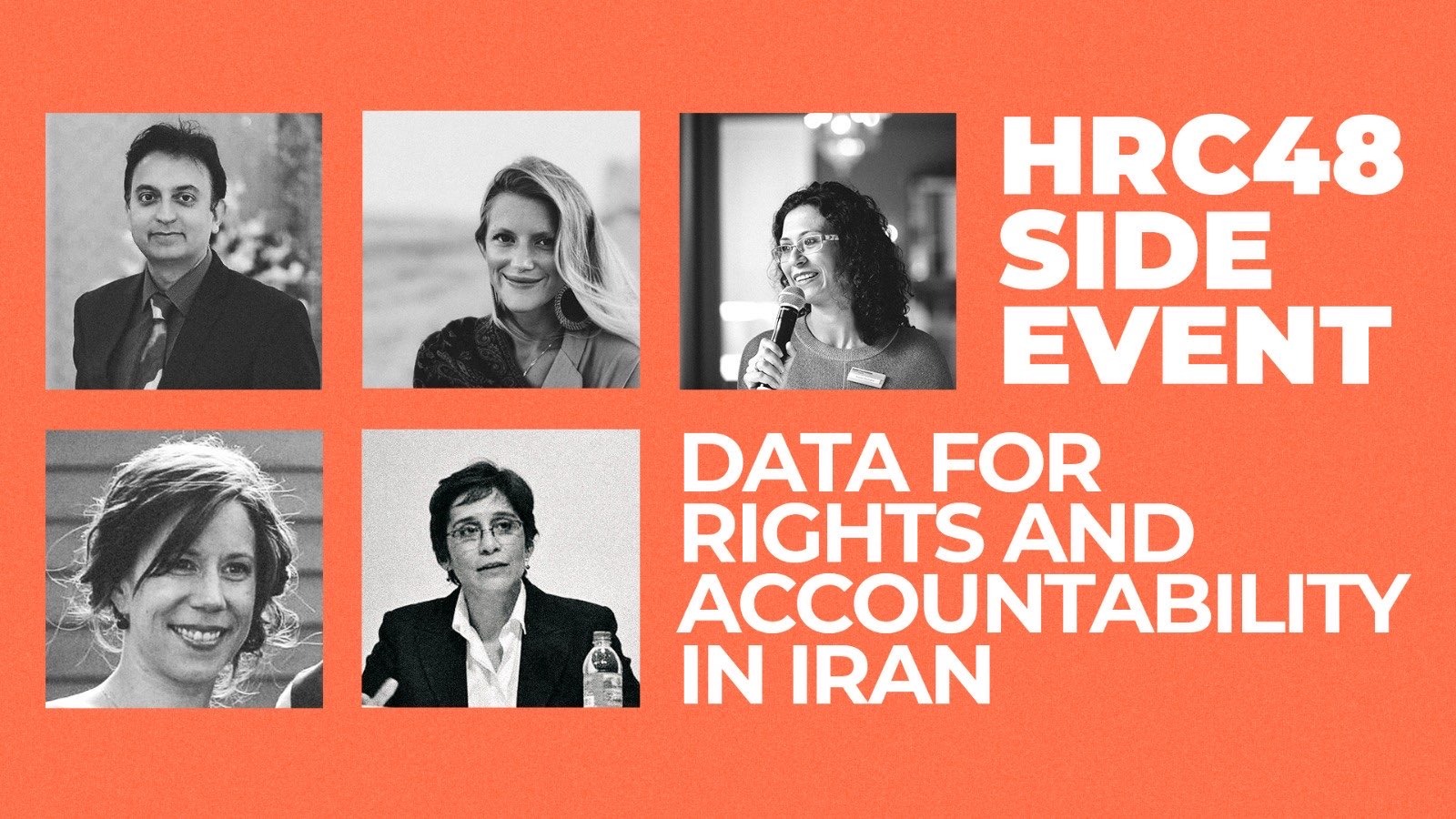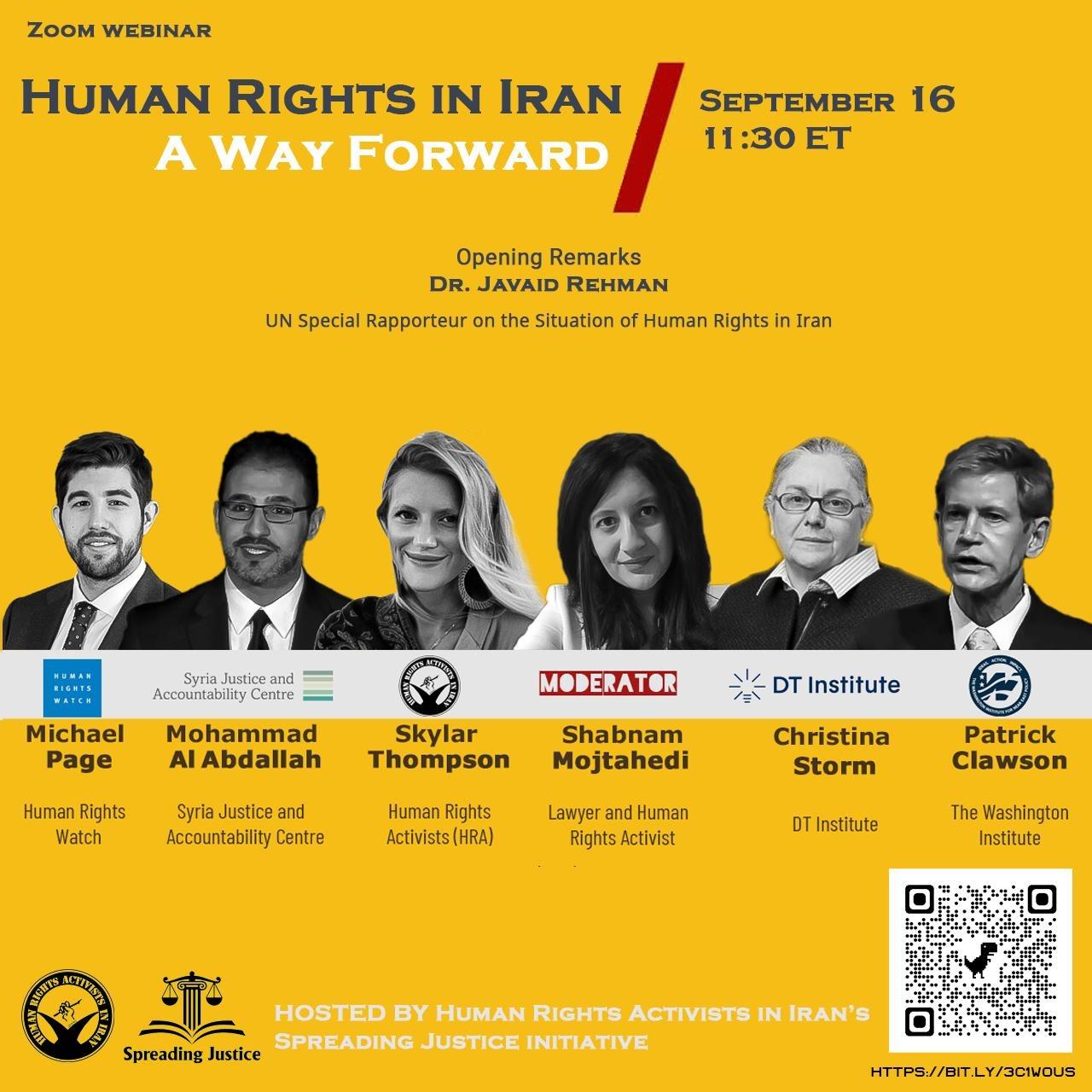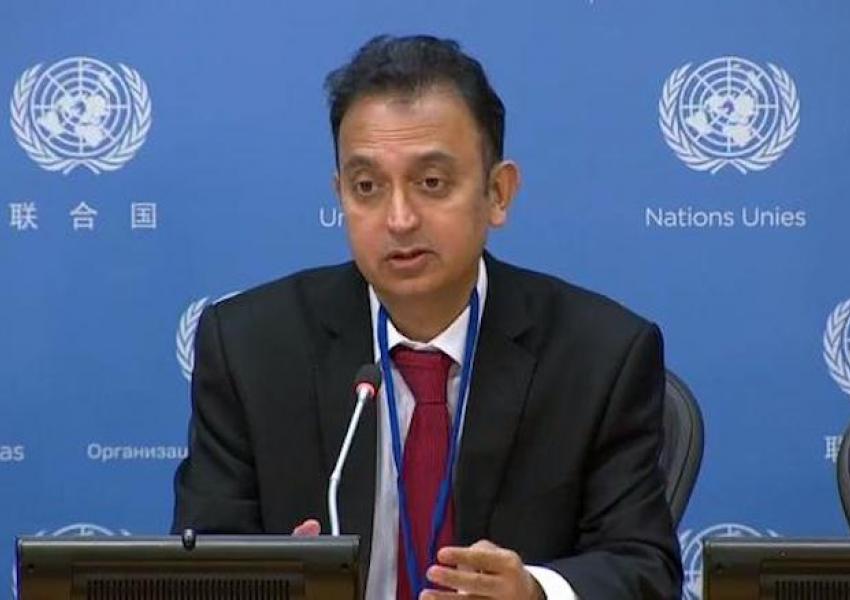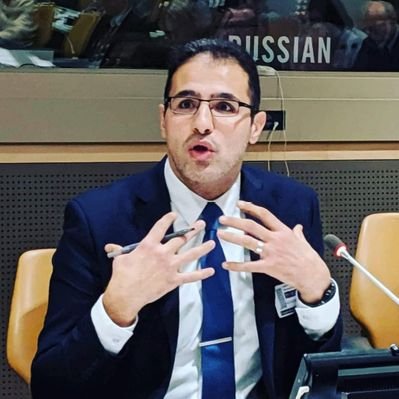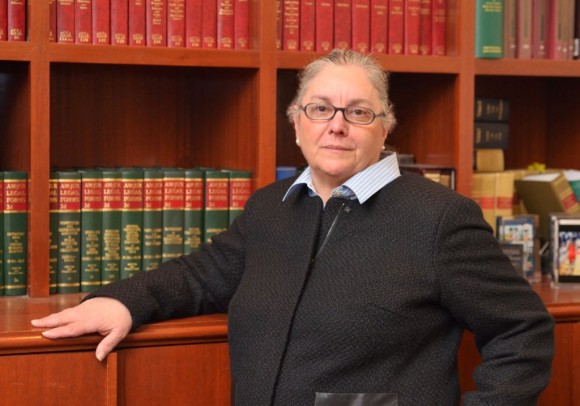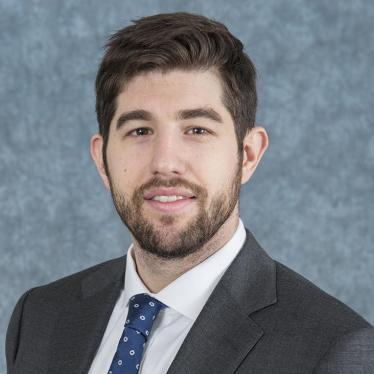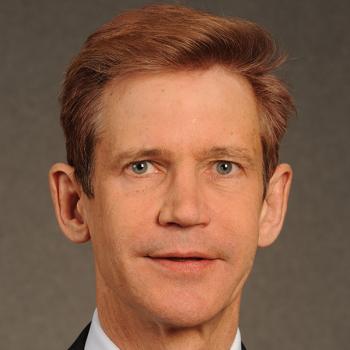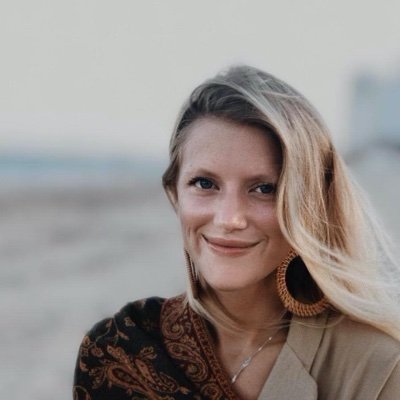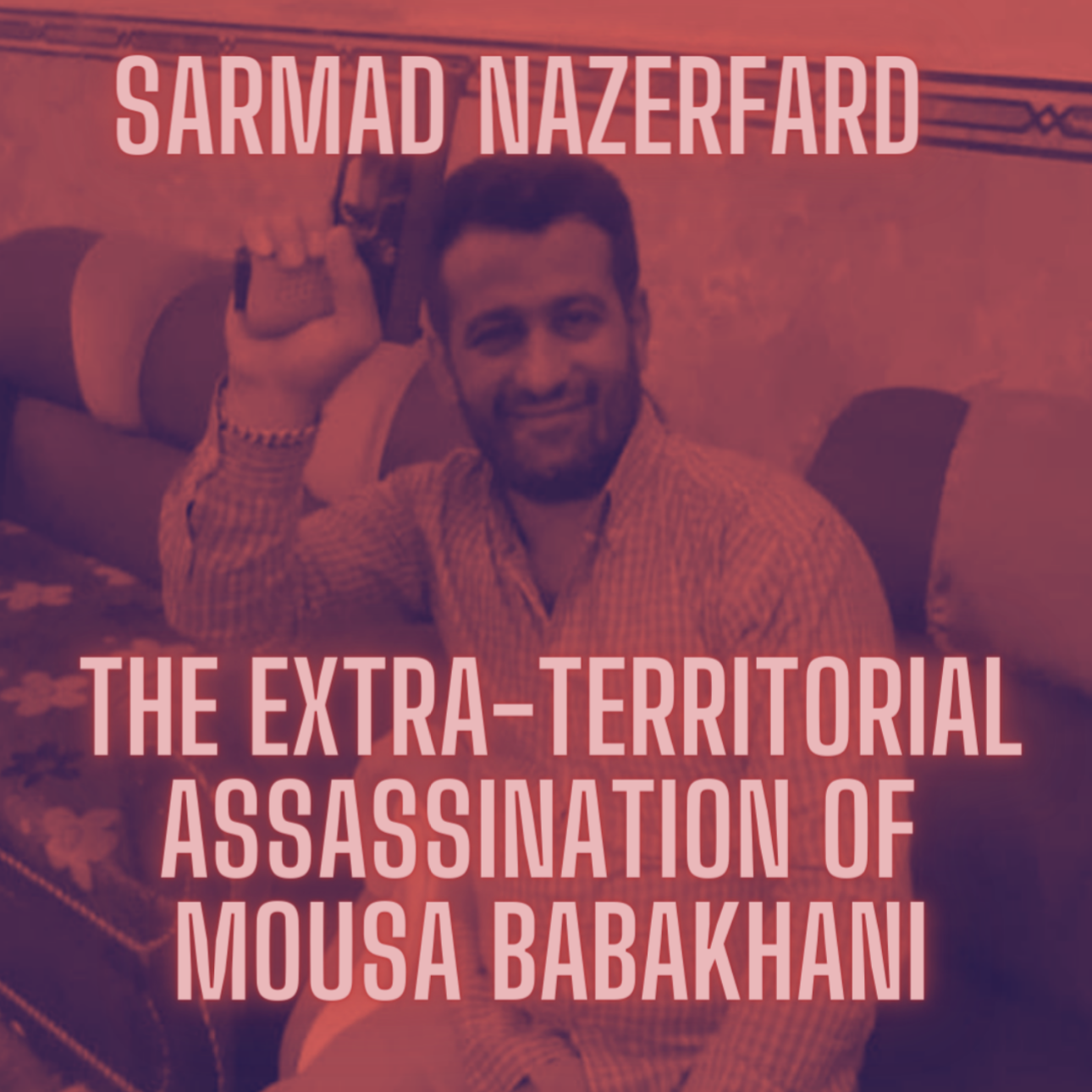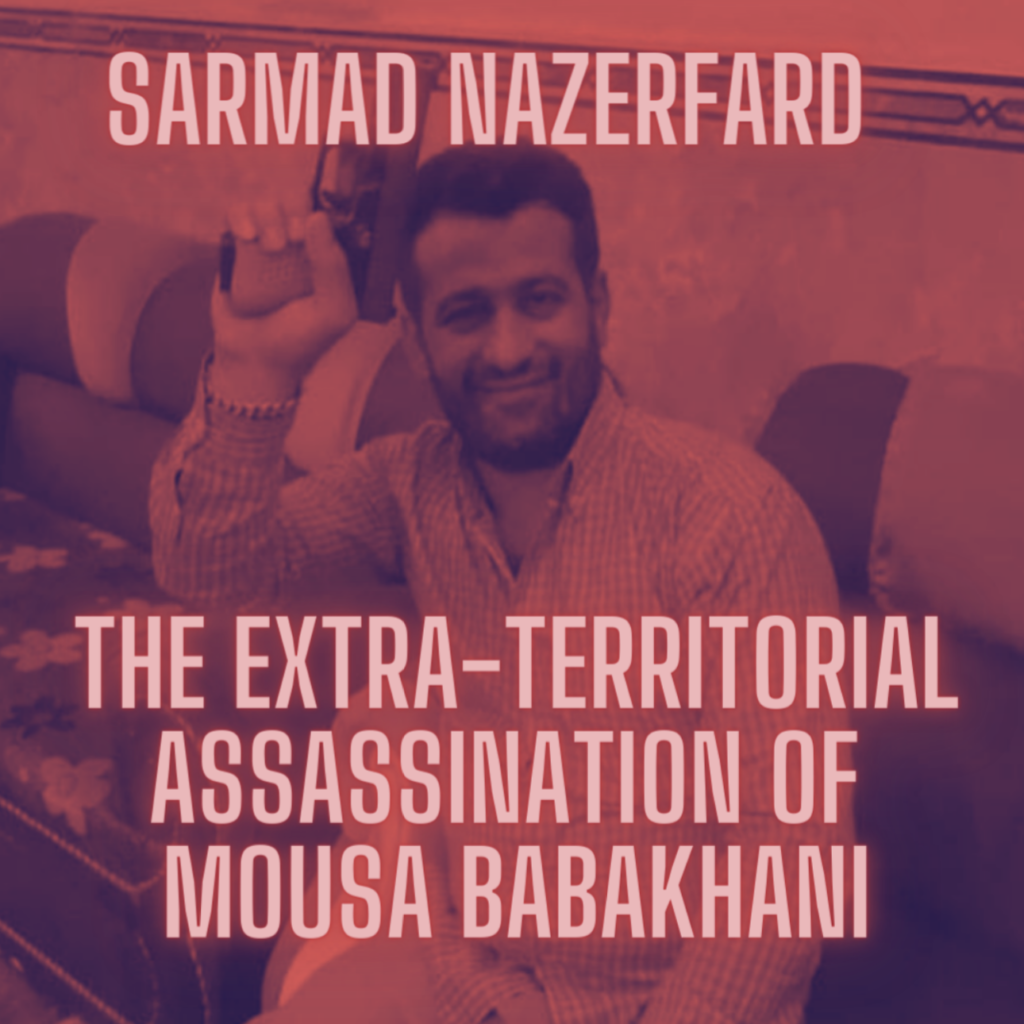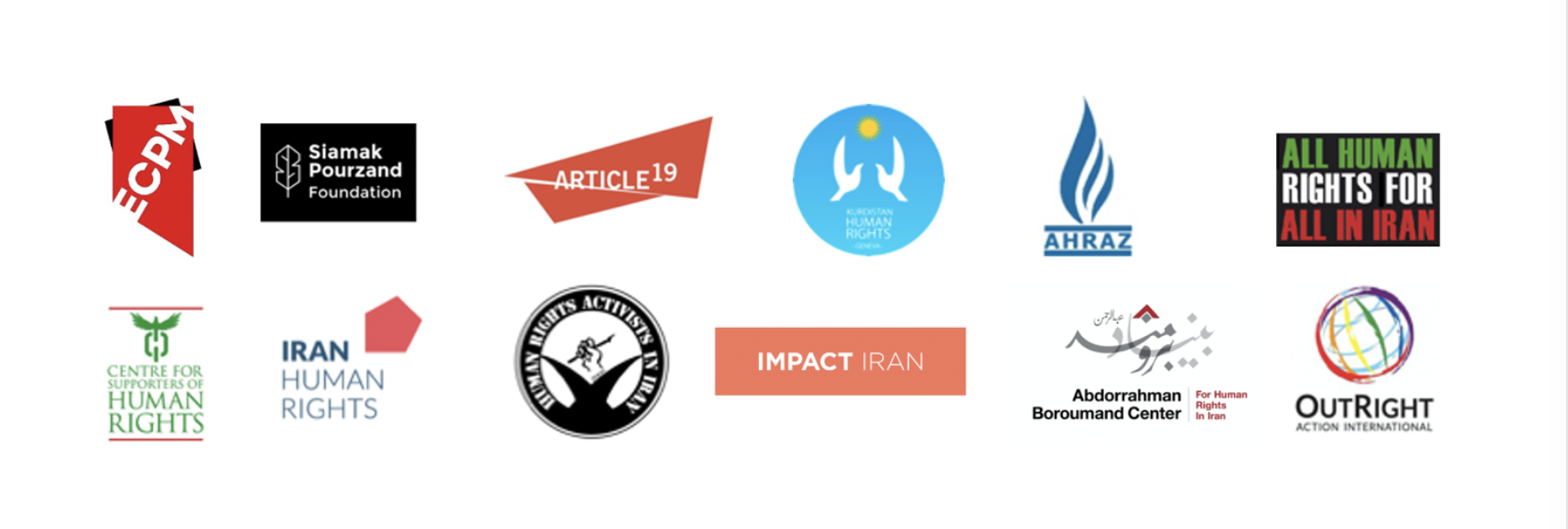On September 21st, a number of prominent human rights organizations, including HRA, Impact Iran, HURIDOCS, and the Abdorrahman Boroumand Foundation, hosted a virtual discussion in the margins of the 48th session of the United Nations Human Rights Council on how online databases can help monitor human rights in Iran and support accountability efforts.
In an announcement of the event, Impact Iran stated, ” In recent years, human rights organizations have developed a range of online tools that have strengthened the capacities of rights defenders to advance evidence-based reporting and advocacy aimed at generating a culture of accountability and transparency in pursuit of the realization of human rights for all persons.”
United Nations Special Rapporteur on the situation of human rights in Iran Dr. Javaid Rehman delivered the event’s opening remarks, in which he highlighted the important work of the organizations represented by the panel. He mentioned Abdorrahman Boroumand Center’s OMID Memorial, the Spreading Justice’s Initiative by Human Rights Activists in Iran, and Impact Iran’s Iran Rights Index, which is a culmination of work by the Impact Iran Secretariat and coalition members including HRA.
“The individual characteristics of the different databases that are the topic of discussion today… all indicate that civil society organizations have clear goals in their well-coordinated documentation efforts,” Rehman stated. “Each of these databases serves a valuable goal for public information advocacy, memorialization, or support accountability mechanisms.”
In demonstrating how HRA’s Spreading Justice database can contribute to accountability efforts, panelist and HRA Senior Advocacy Coordinator Skylar Thompson outlined the functions and goals of the project.
“Spreading justice is a database of Iranian Human Rights violators, both individual and institutional violators,” Thompson said. “This database, which is available in both English and Farsi, currently contains over 250 profiles, ranging from Iranian president Ibraham Raisi himself to lesser-known violators that continually commit heinous acts, and yet fly almost silently under the radar.”
On the functions of the database, Thompson said, “If an individual were doing research on an individual victim’s case, they could, for example, search Nazanin Ratcliffe and find all violators associated with her case.”
The profiles also include detailed legal reviews prepared by experts in international human rights law. HRA collects information from open-source research, and through its wide network of volunteers inside Iran. Volunteers receive training aimed at strengthening organizational documentation capacity, which includes online security, diversity and inclusion, neutrality, informed consent.
“The information that is collected through this network is extremely important to our work,” Thompson said. “It also gives us unparalleled access to victims.”
On the use of the database, Thompson stated that there is a real need for governments to work alongside civil society, in their efforts to hold perpetrators accountable, and added that this was a core motivation behind the development of Spreading Justice.
She continued, “If we can begin to close the accountability gap in Iran, we will begin to see a disruption in the continuous cycle of abuse,” Thompson said. “The truth is that the international community has a number of tools available to hold perpetrators of serious human rights violations accountable, particularly when domestic judicial remedies are unavailable, such as is the case in Iran. The use of these tools is lacking.”

